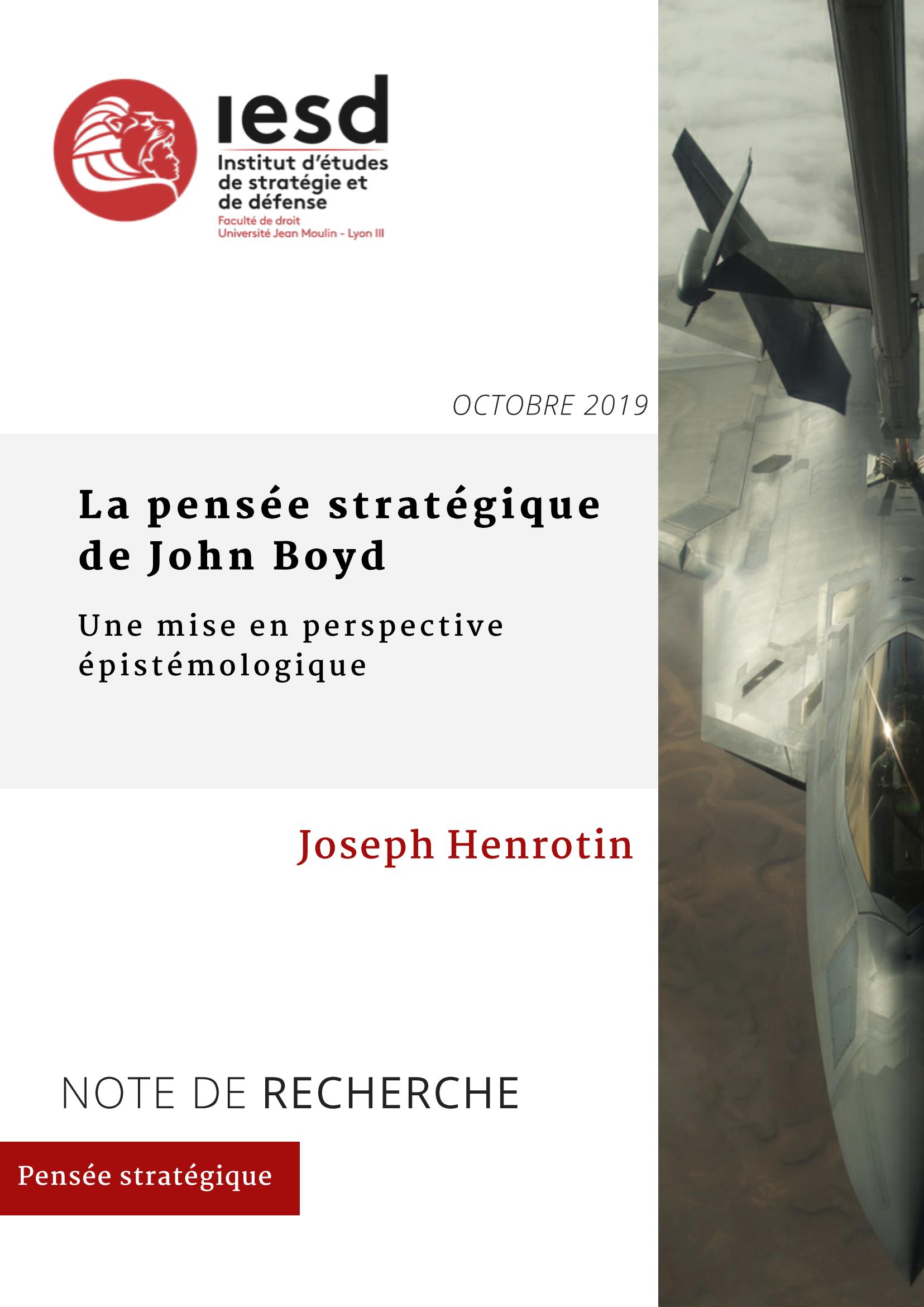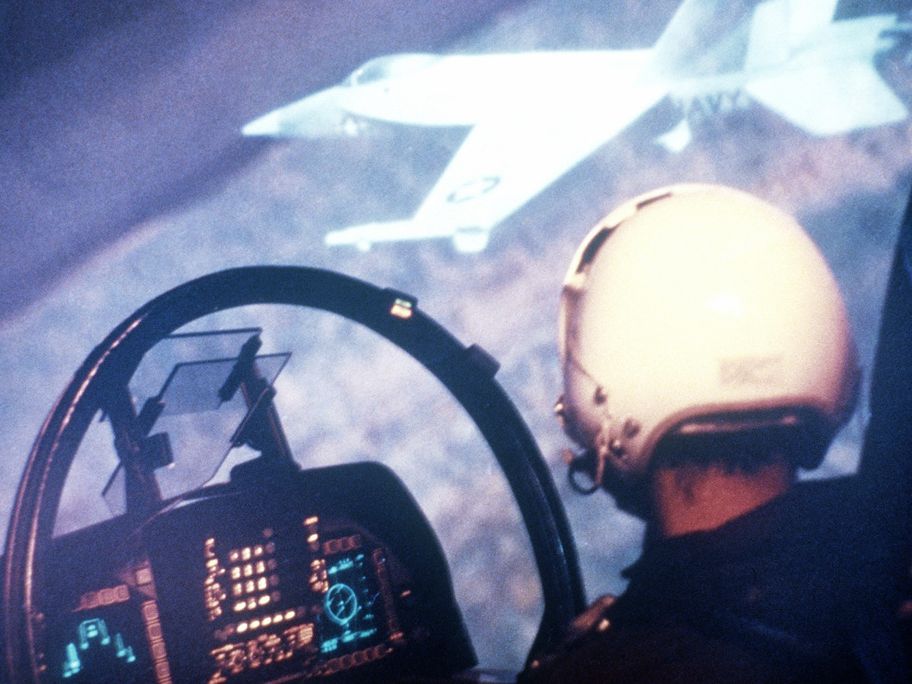
The Thought of John Boyd, an epistemological perspective
Abstract
Although John Boyd’s work is often summarized as the “OODA loop”, his contributions to strategic thought are much more comprehensive. They include the theorization of modern air combat as well as in-depth reflection on maneuver and command modes. Behind the apparent complexity of his conceptions, his thinking, which is very coherent, highlights the permanent search for adaptation.
About the Author
Joseph Henrotin holds a doctorate in political science from the Université libre de Bruxelles (ULB) 1 and is a researcher at the Center for Analysis and Forecasting of International Risks (CAPRI, Paris), at the Institute of Strategy and Conflicts (ISC , Paris). He is also an associate researcher at the Institute for Strategic and Defense Studies (IESD) of the University Jean Moulin Lyon-3. He works at the École supérieure de guerre (Paris), at the École supérieure international de guerre (Yaoundé) and at the Royal Higher Institute of Defense (Brussels). He is also a graduate of the Libramont hotel school.
Military operations are a dialectic in which the protagonists are constantly adapting through their mental representations of the self and the Other.
Strategic Thinking
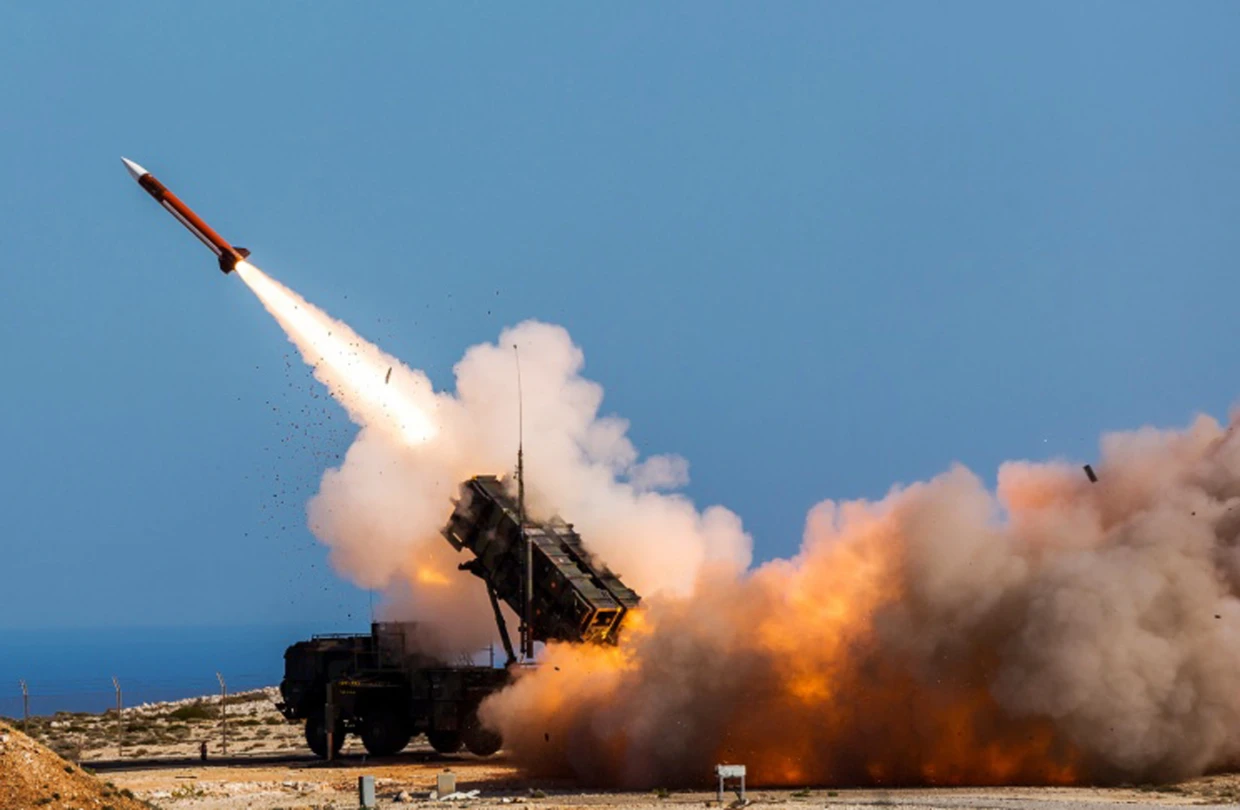
High strategic capabilities and defensive military assistance in the Ukraine war: the double threshold dilemma
One of the major elements of the Russian-Ukrainian confrontation is of course its potential nuclear nature. This dimension encourages the Biden administration not to let the war in Ukraine degenerate into a major conflict that would directly oppose Americans and Russians. This limit makes the problem of Western co-belligerence a key element in the political-military equation of the conflict. Taking this context into account, this note relates the tactical-operational “threshold” related to this arms supply to a second threshold of a politico-strategic nature, which in turn is influenced by the phenomenon of the interconnection of high strategic capabilities, and which opens up the delicate concept of multi-domain deterrence.
𝐉𝐚𝐧𝐮𝐚𝐫𝐲 𝟐𝟎𝟐𝟑
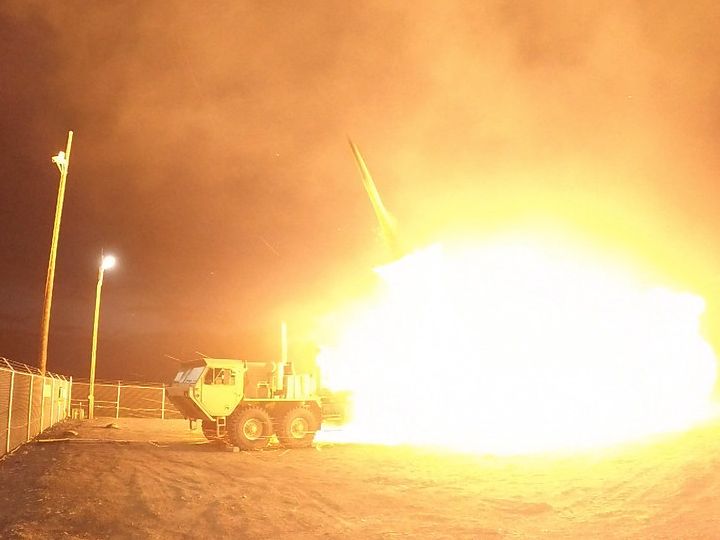
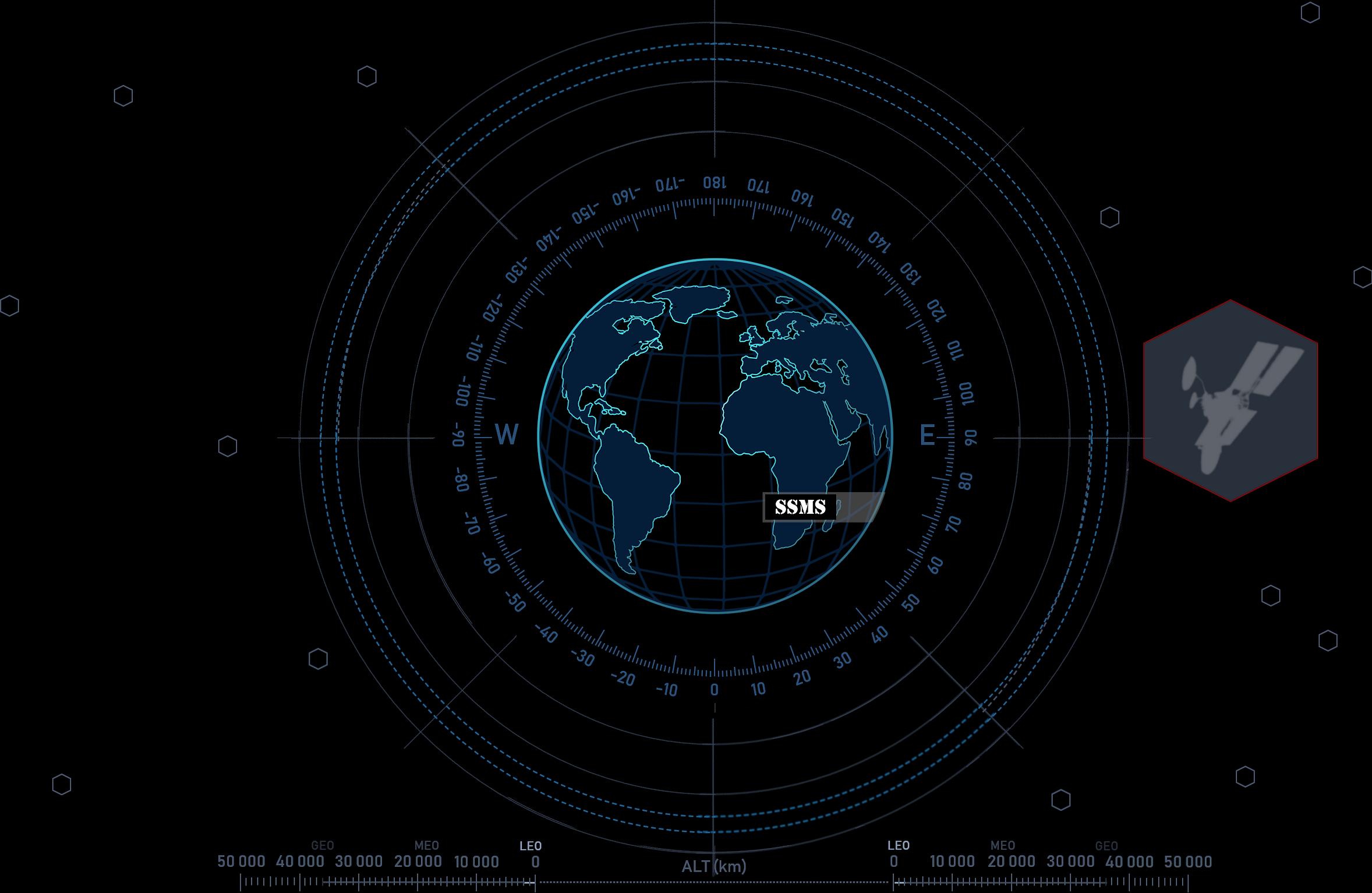
Exploration note of the space wargame realized on 19/11/2021
Designed in two phases, crisis management and Red Team exploitation of the results of the crisis, this Wargame allowed an in-depth reflection of the players, leading to the most negative possible result of a generalized catastrophe of the Kessler syndrome type. The causes of this development are to be found in a continuous escalation due to the export of traditional geopolitical oppositions to space competition, in particular between great powers, pushing the players to act in a logic of confrontation rather than cooperation. The relevance of decisions, as well as their rationality, have demonstrated a fundamental political dimension of management of Space, in particular in case of crisis, with the pursuit of interests and the will to power as the main engine of actions.
À lire également

The silent masters of the oceans: the strategic and non-proliferation implications of nuclear-powered submarines in Australia and Brazil
At the International Atomic Energy Agency (IAEA) General Conference in 2022, Director General Rafael Grossi emphasizes that “the world of nuclear proliferation and safeguards is changing,” and that this change creates important technical and political challenges. The announcement of the AUKUS agreement and the progress of Brazil’s nuclear-powered submarine program reflect regional geopolitical realignments. Internationally, the IAEA safeguards system is challenged by these developments insofar as they entail risks of nuclear proliferation. How does the acquisition of nuclear-powered submarines impact both the regional and international strategic balance and nuclear non-proliferation norms? The purpose of this research note is to analyze the geopolitical motivations of nuclear-powered submarine programs in Australia and Brazil and their implications for nonproliferation instruments.
𝐉𝐚𝐧𝐮𝐚𝐫𝐲 𝟐𝟎𝟐𝟑

High strategic capabilities and defensive military assistance in the Ukraine war: the double threshold dilemma
One of the major elements of the Russian-Ukrainian confrontation is of course its potential nuclear nature. This dimension encourages the Biden administration not to let the war in Ukraine degenerate into a major conflict that would directly oppose Americans and Russians. This limit makes the problem of Western co-belligerence a key element in the political-military equation of the conflict. Taking this context into account, this note relates the tactical-operational “threshold” related to this arms supply to a second threshold of a politico-strategic nature, which in turn is influenced by the phenomenon of the interconnection of high strategic capabilities, and which opens up the delicate concept of multi-domain deterrence.
𝐉𝐚𝐧𝐮𝐚𝐫𝐲 𝟐𝟎𝟐𝟑


